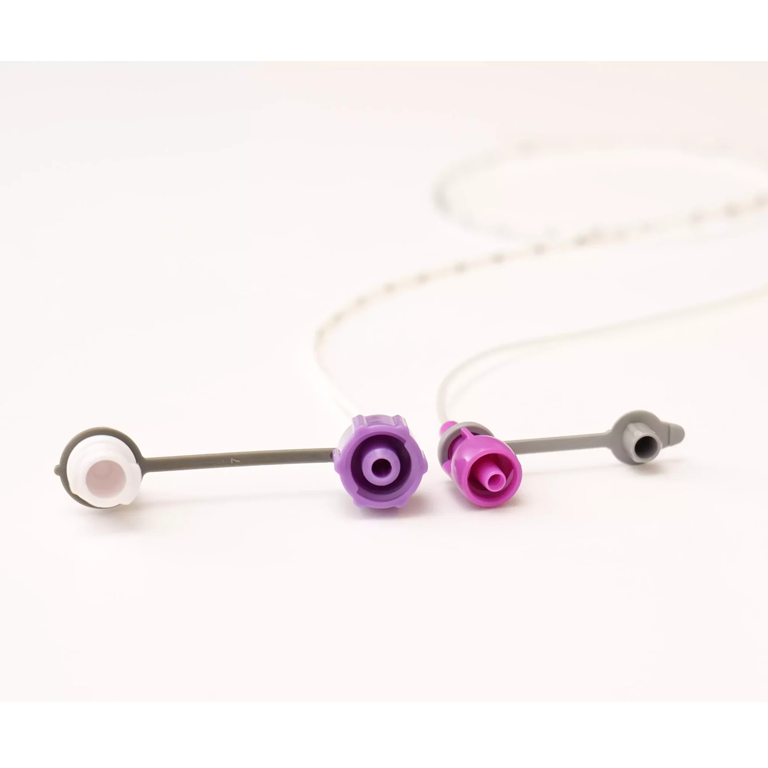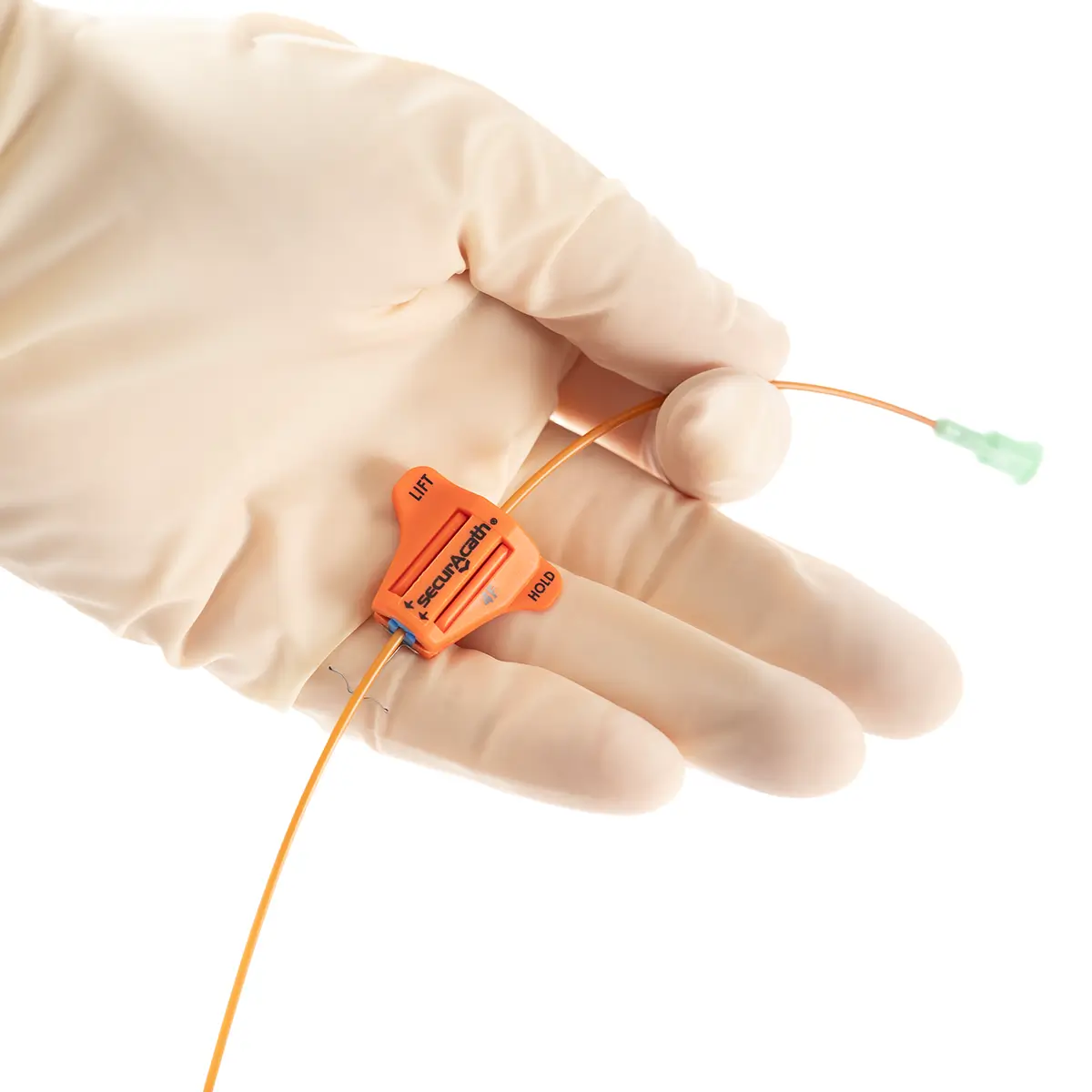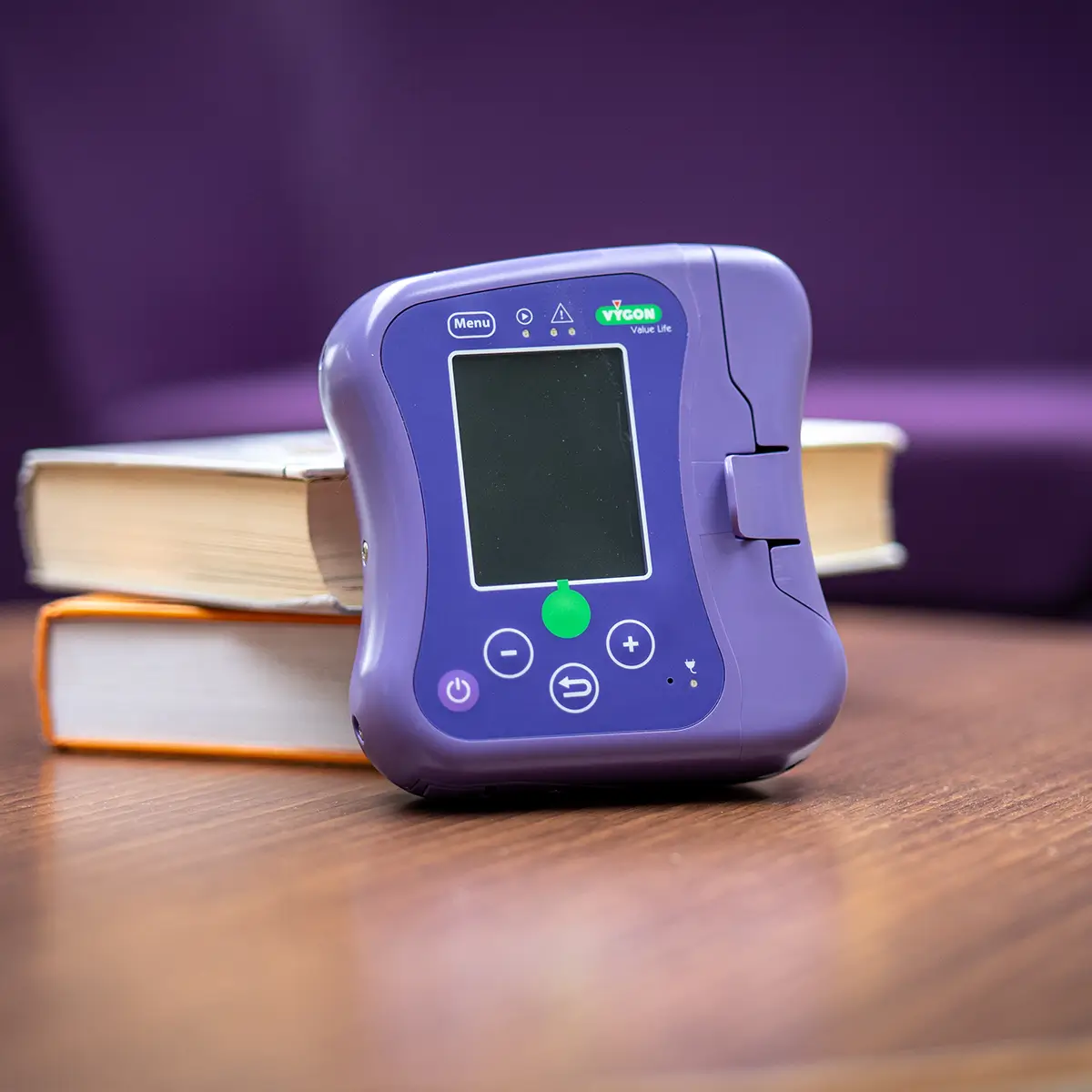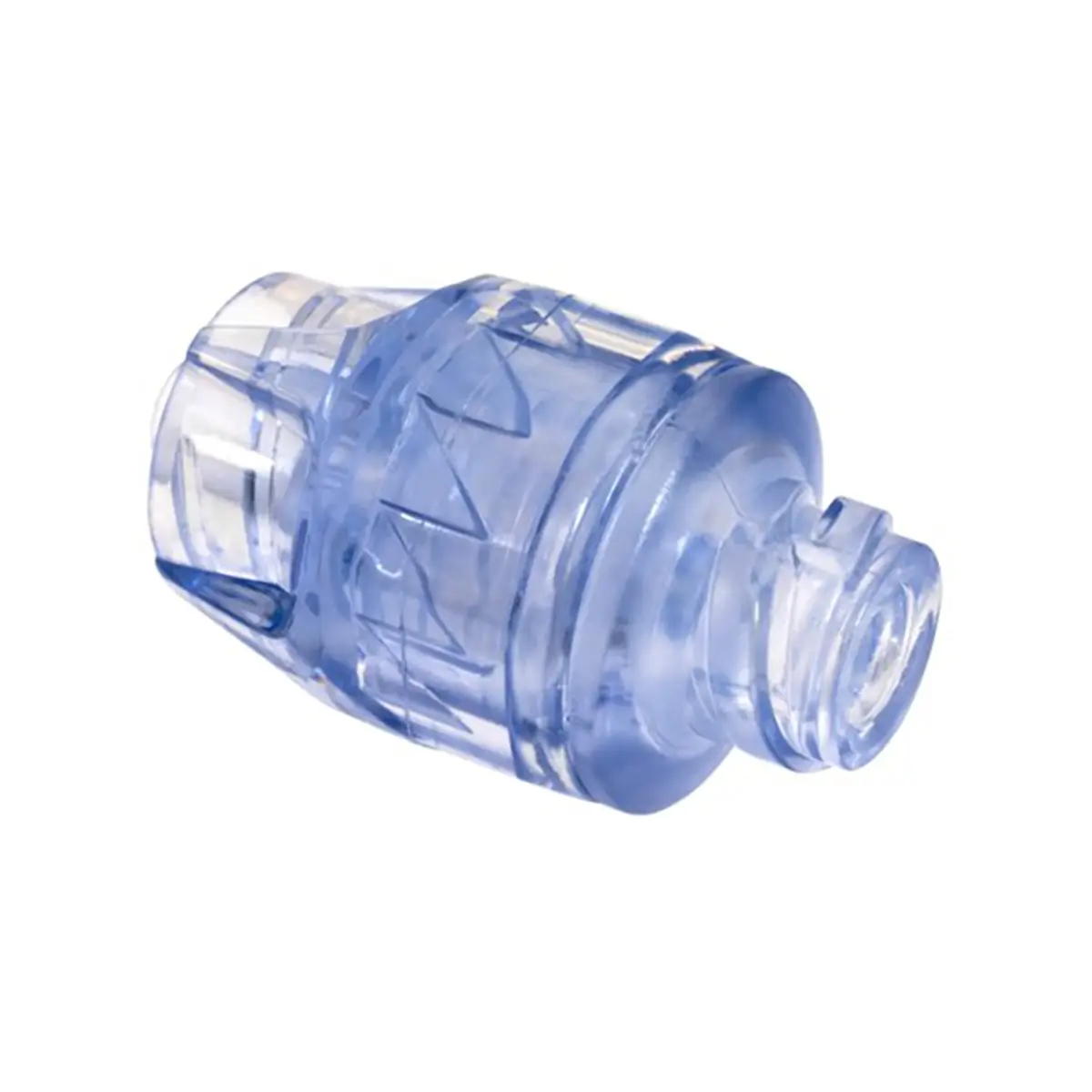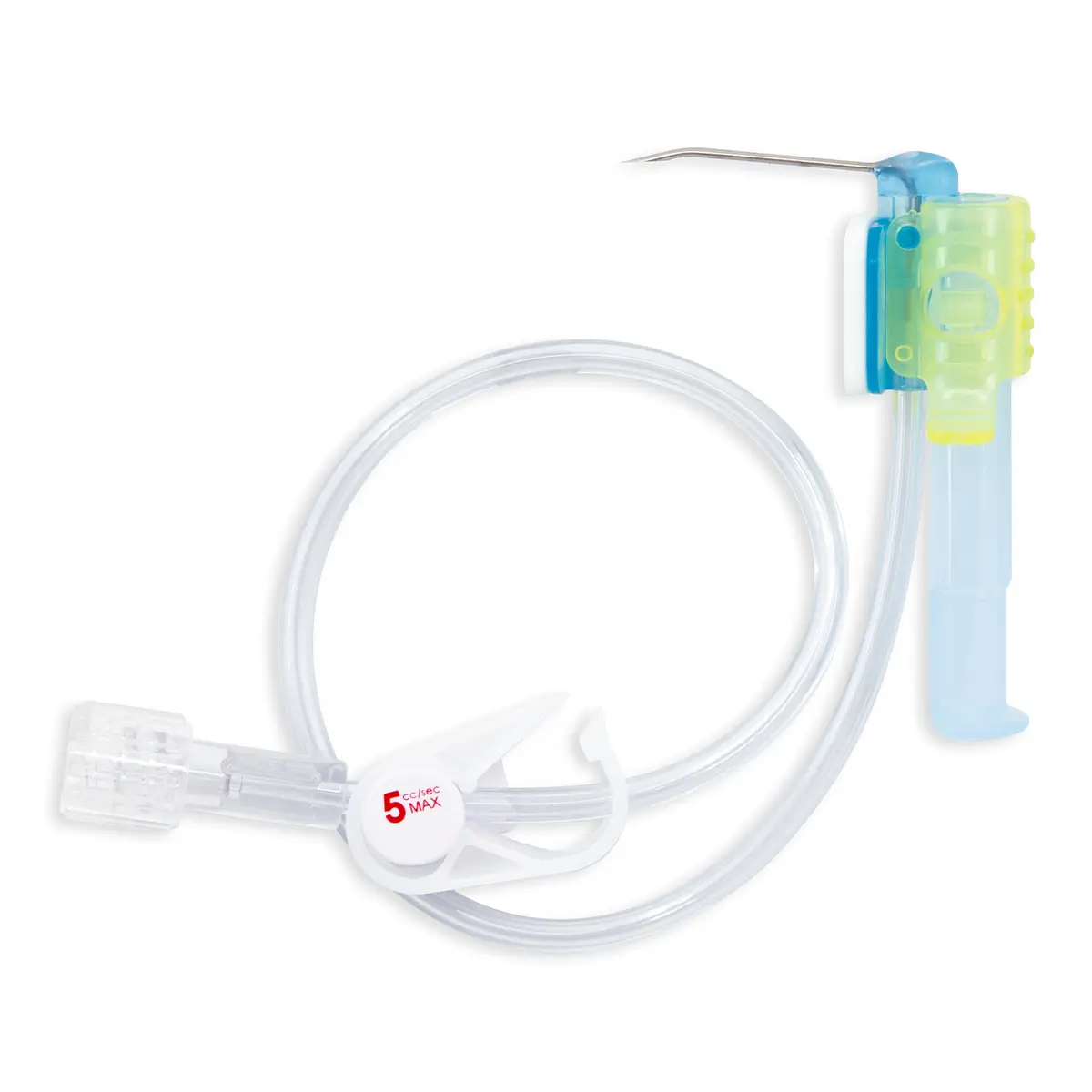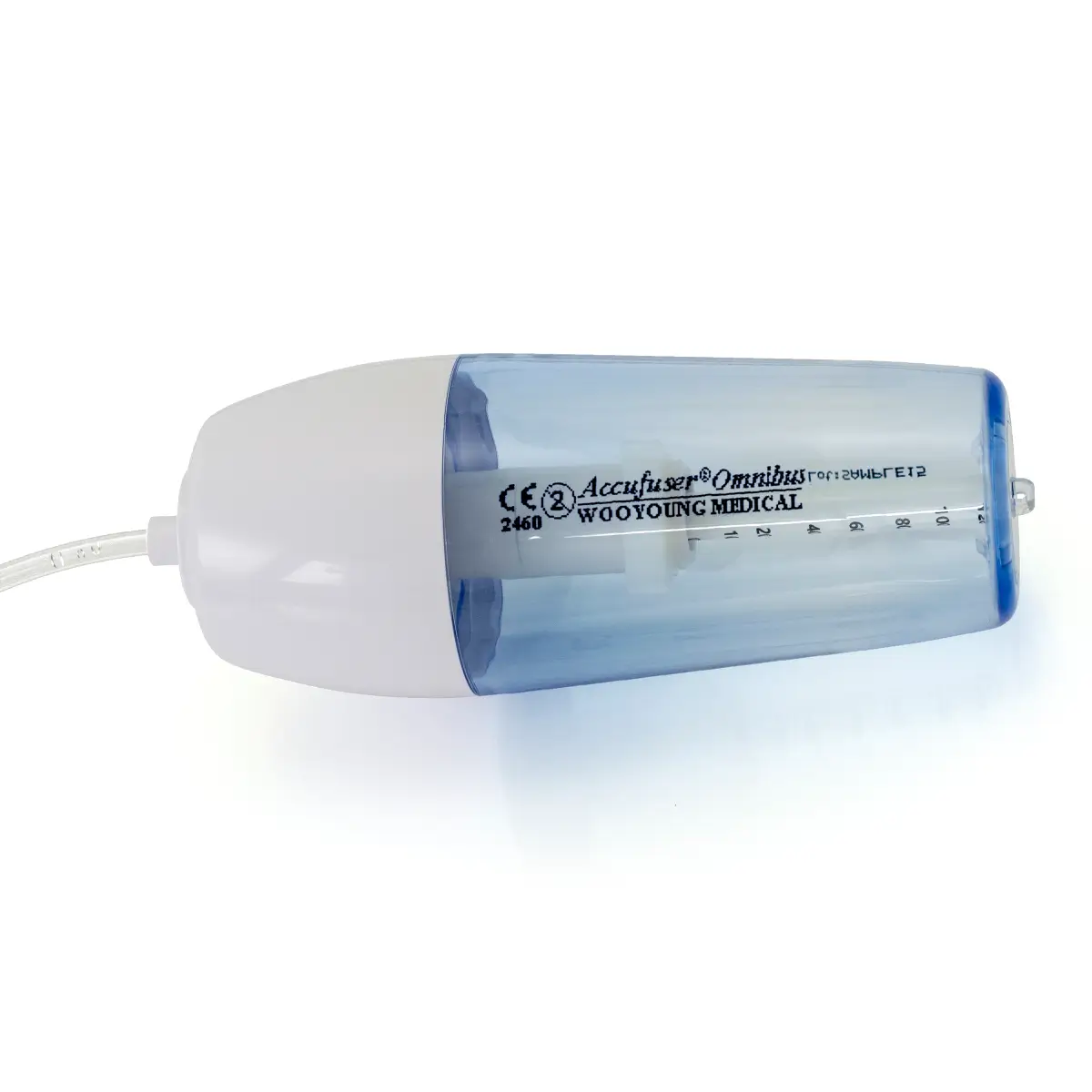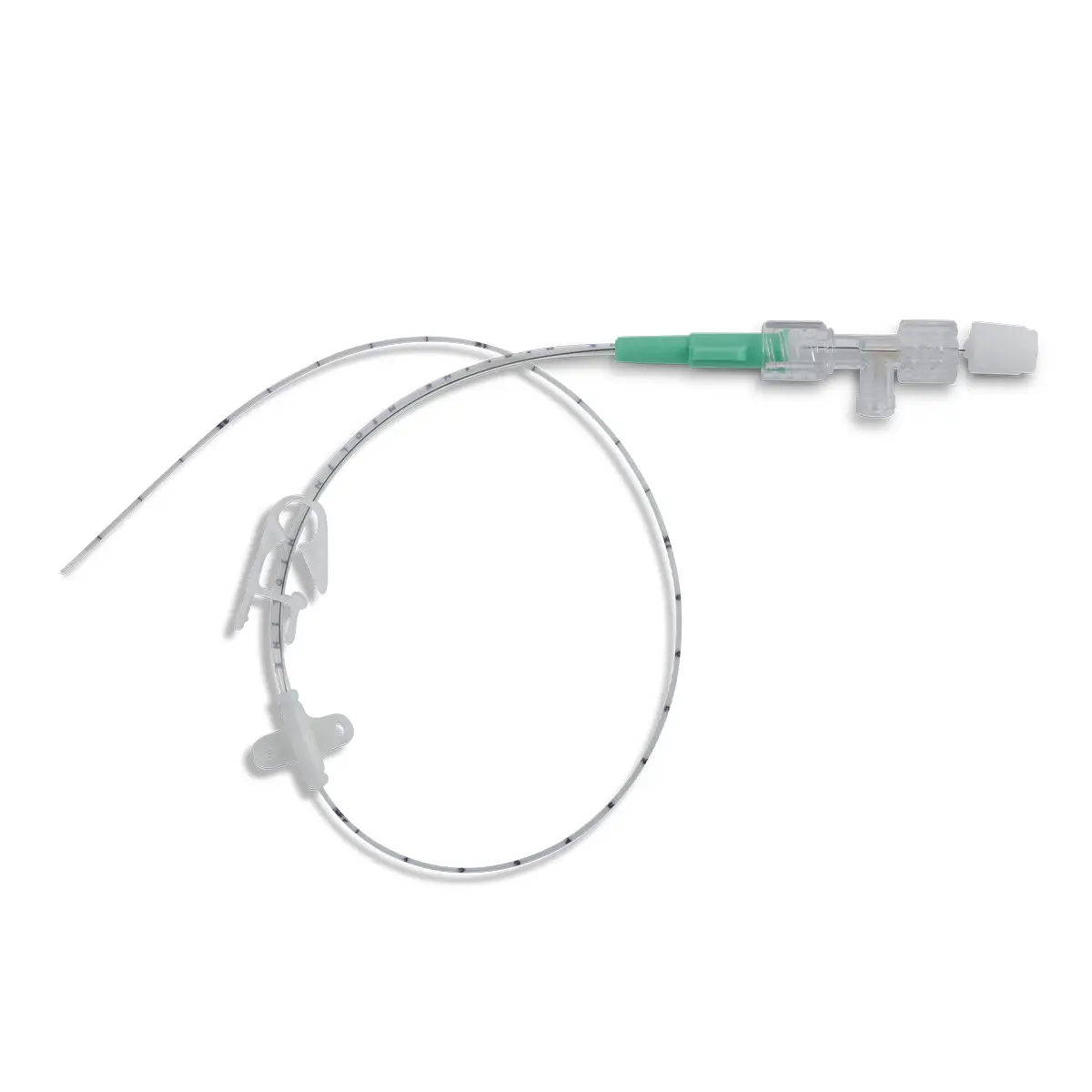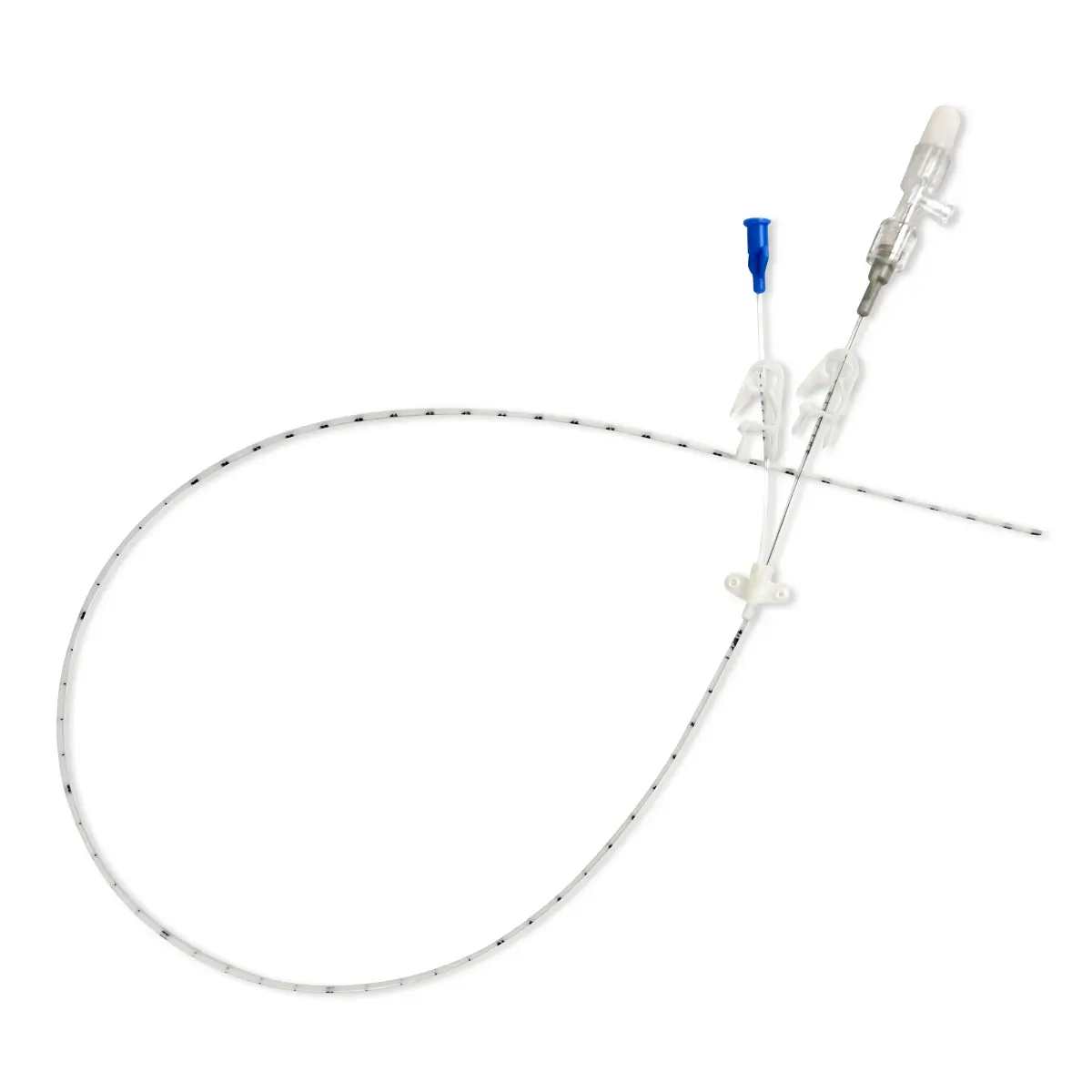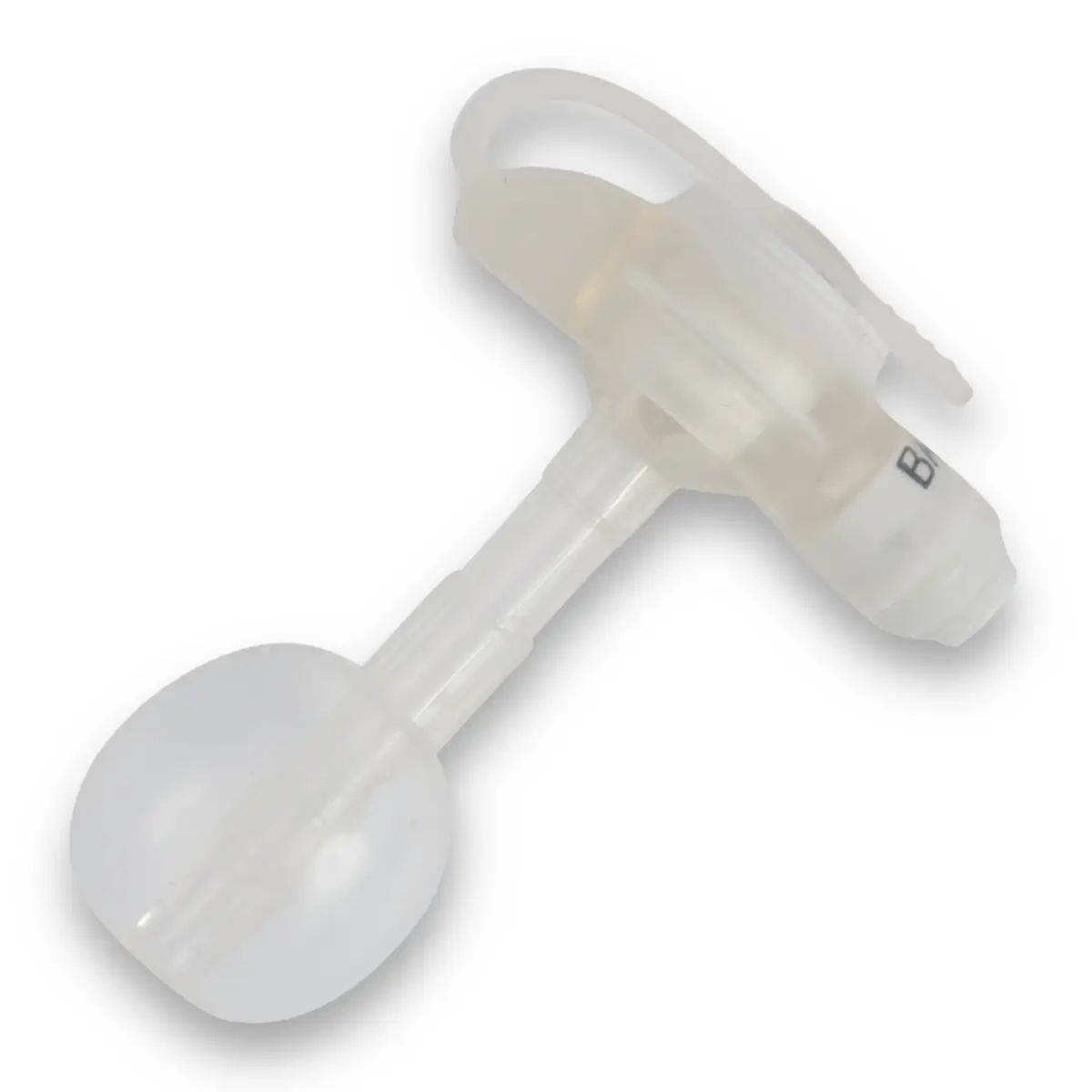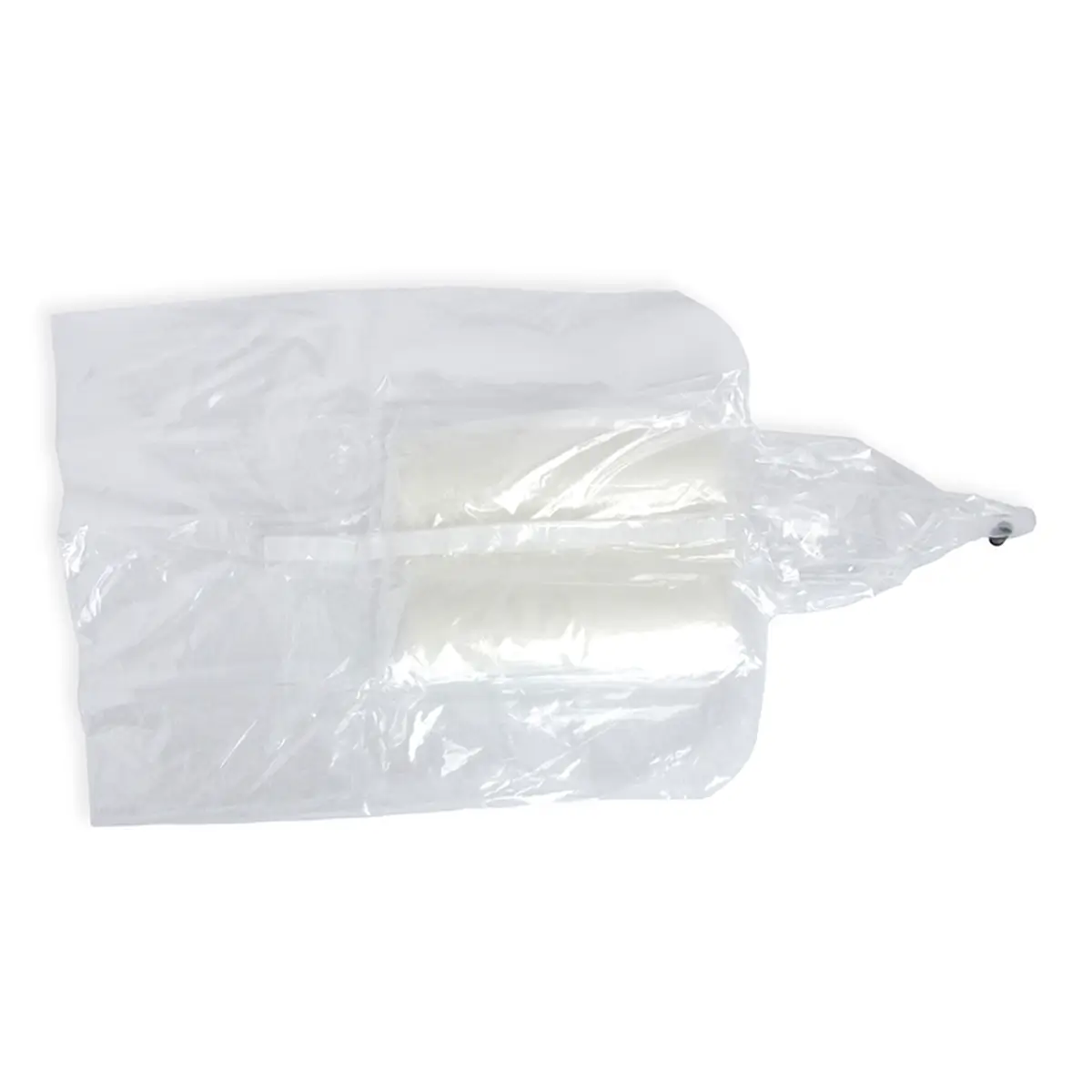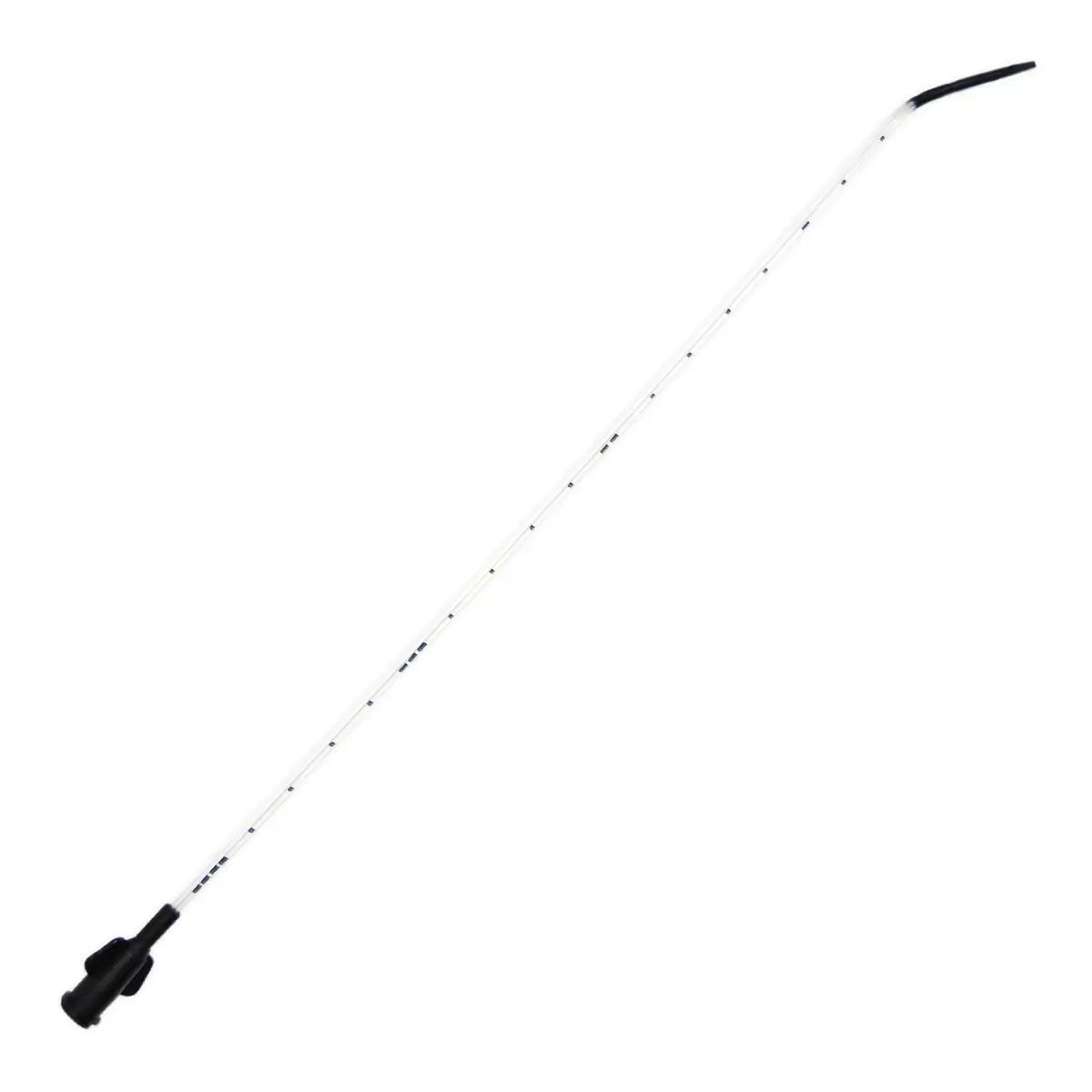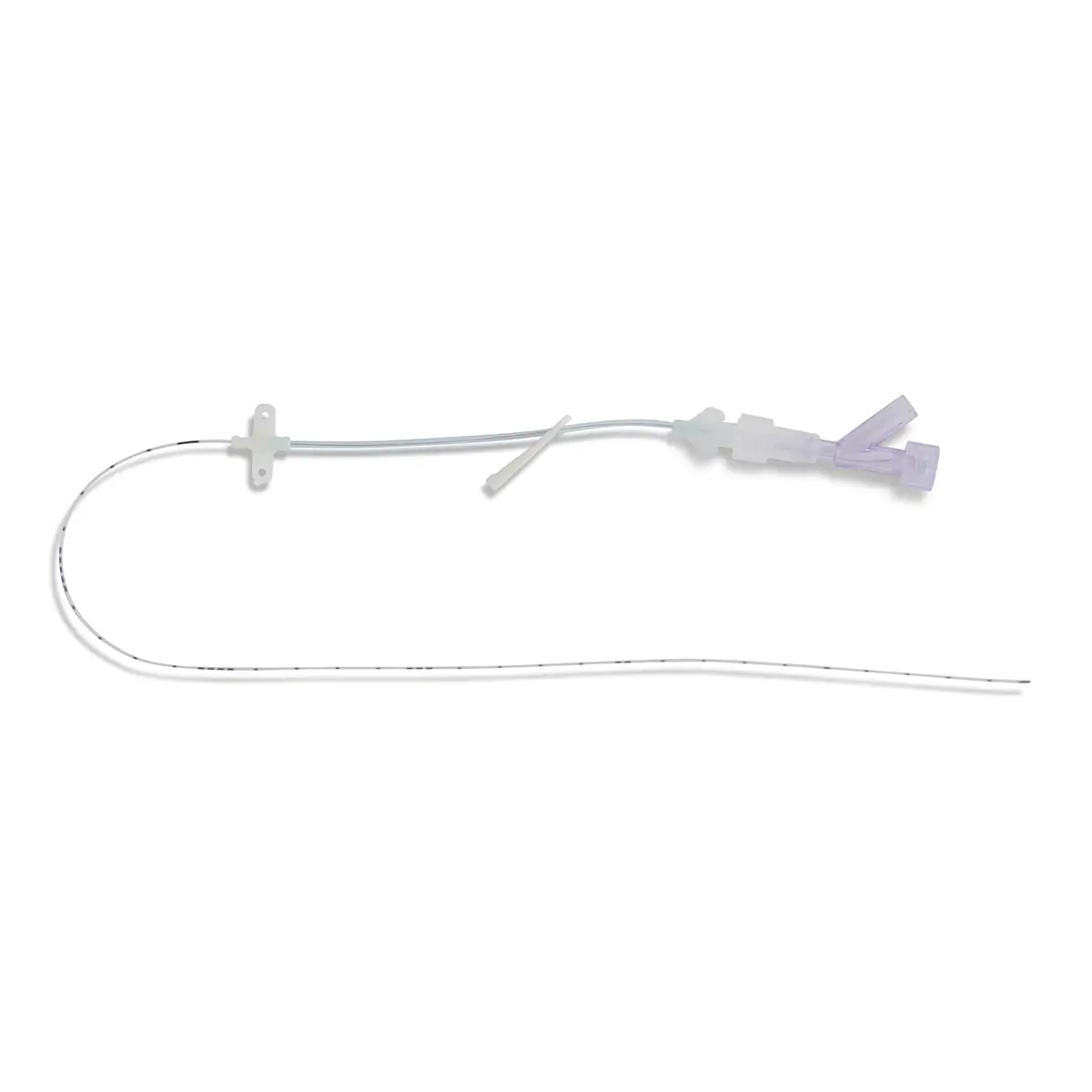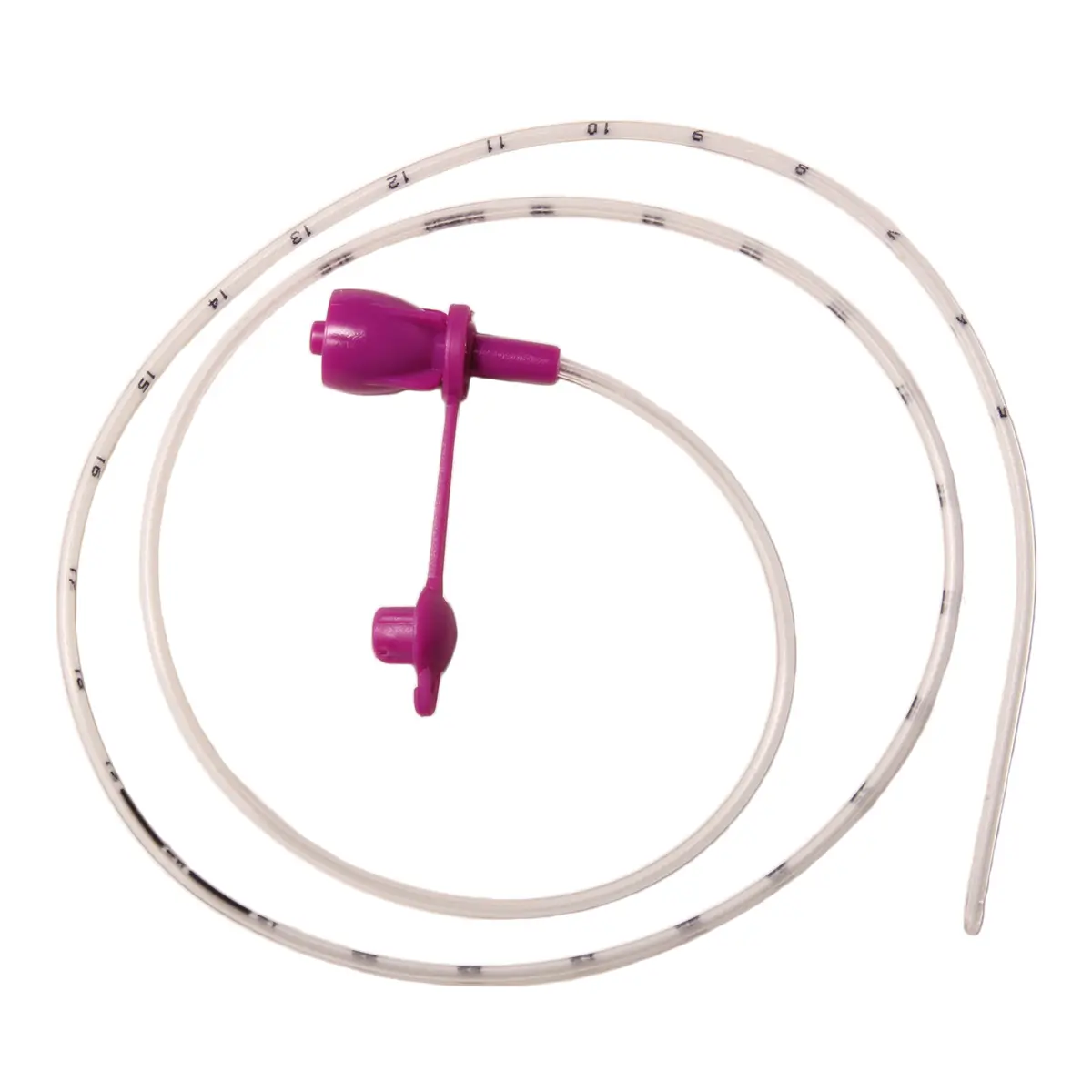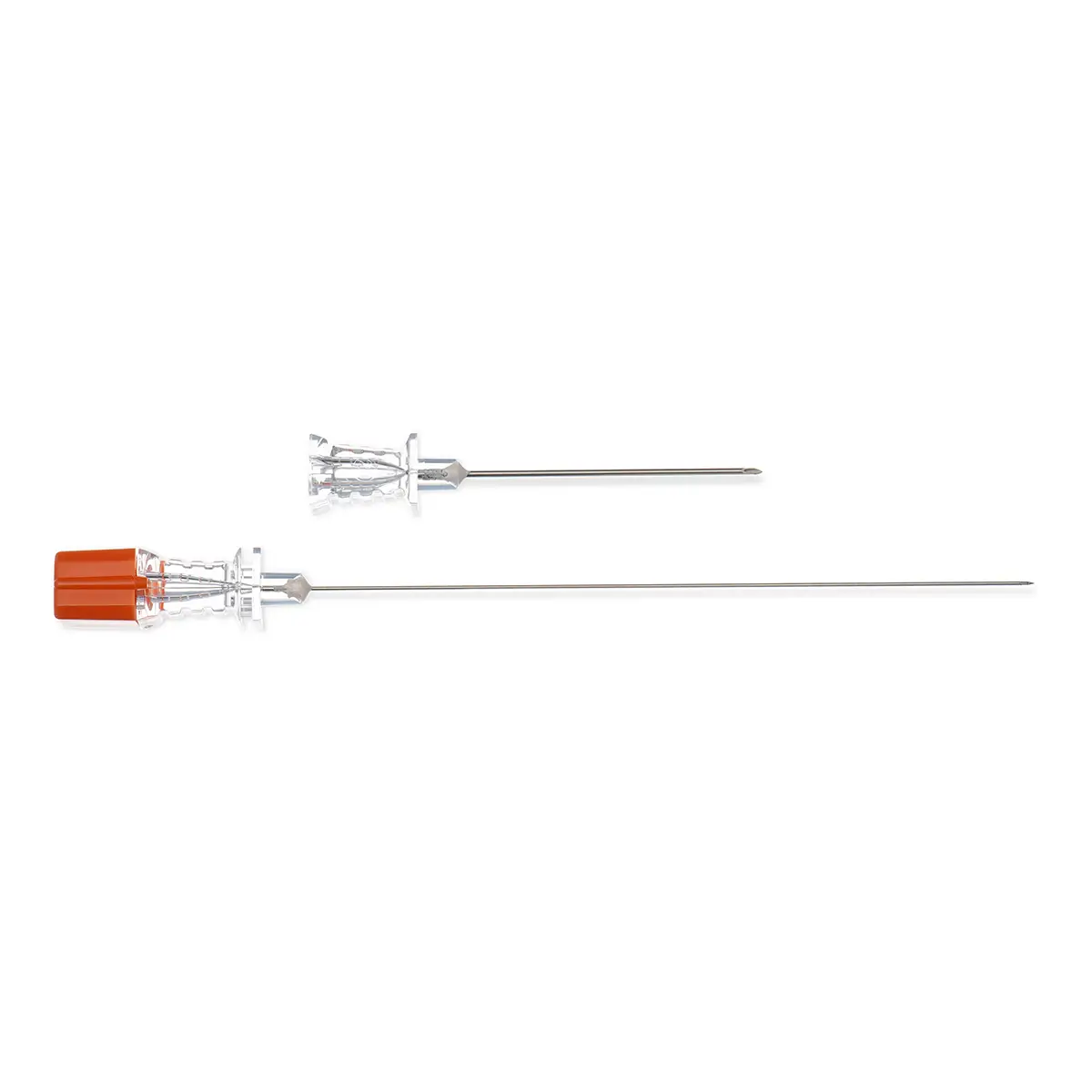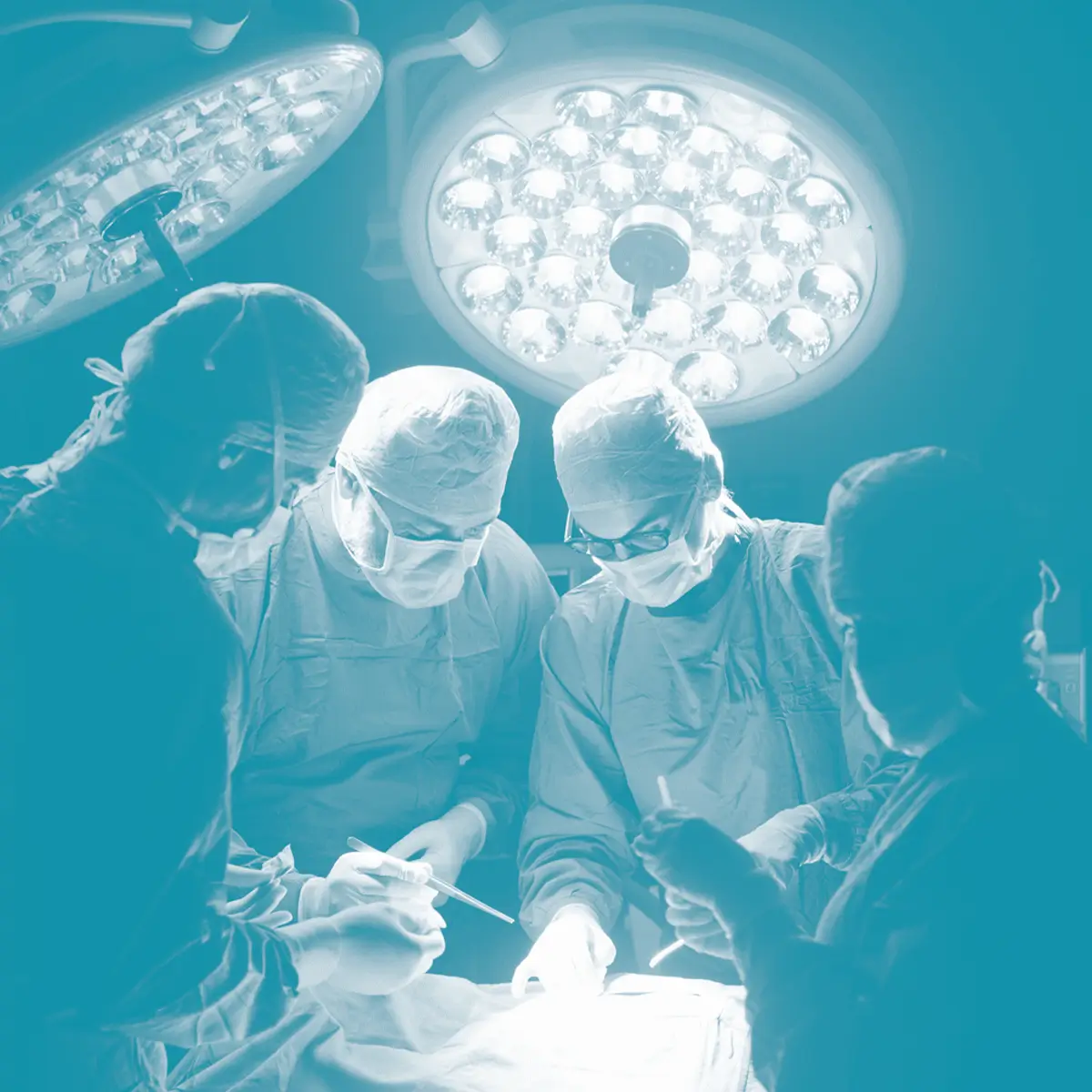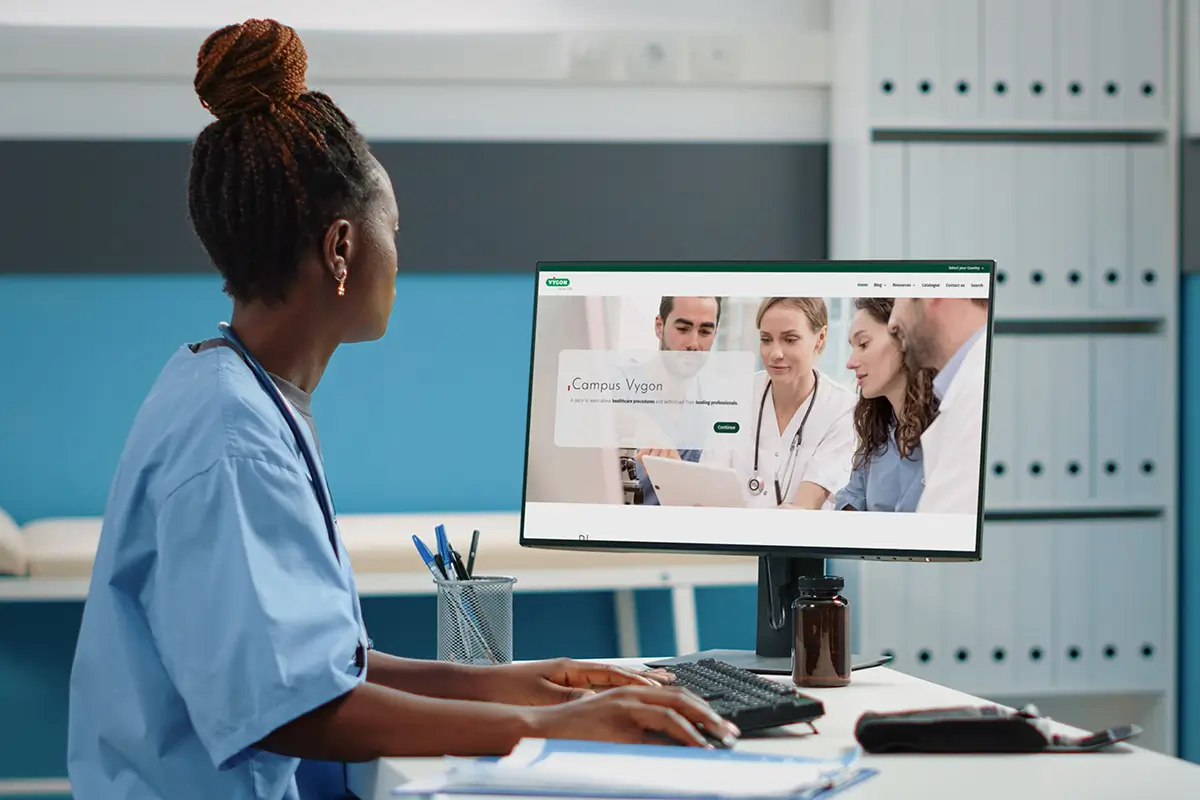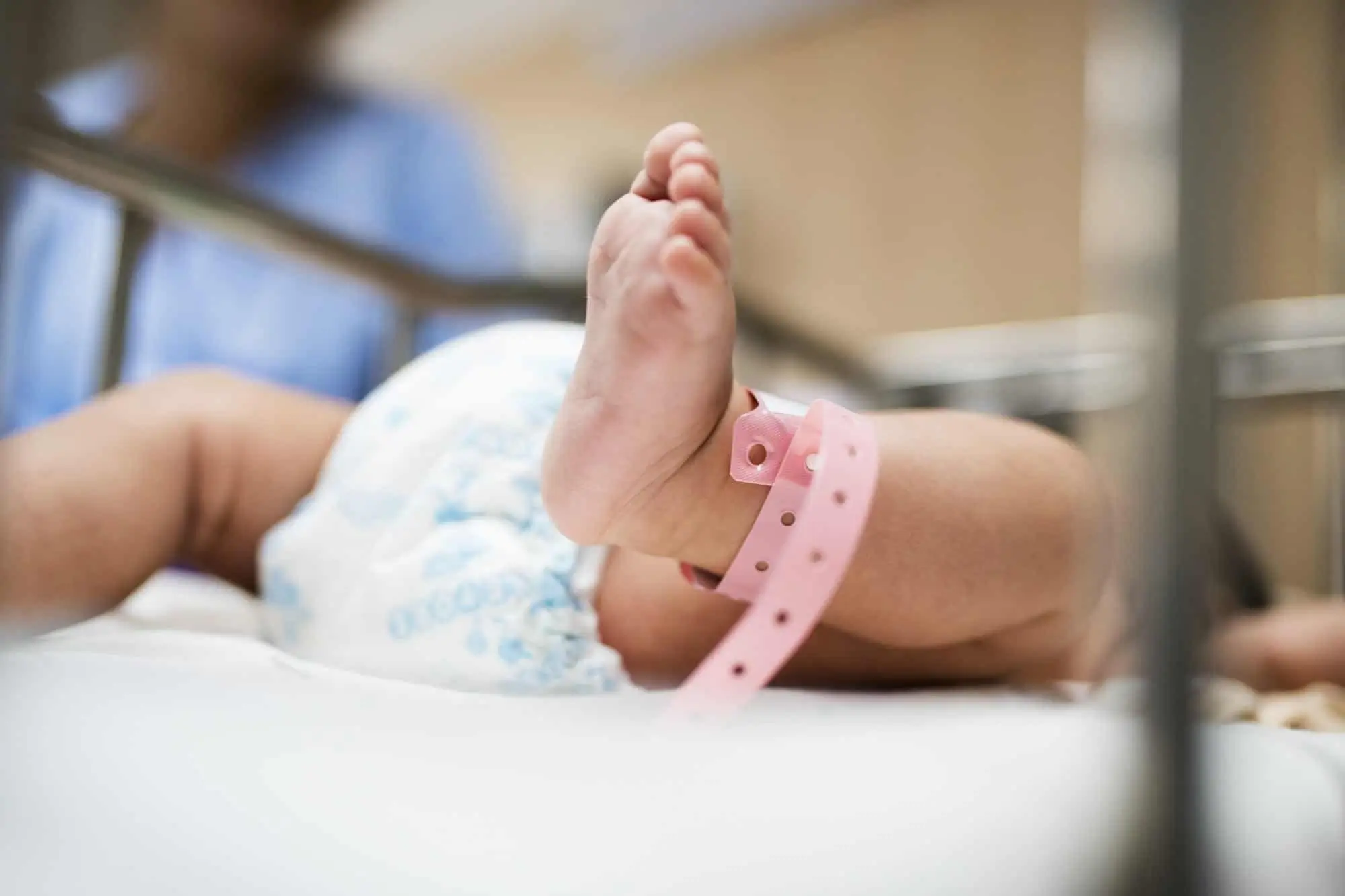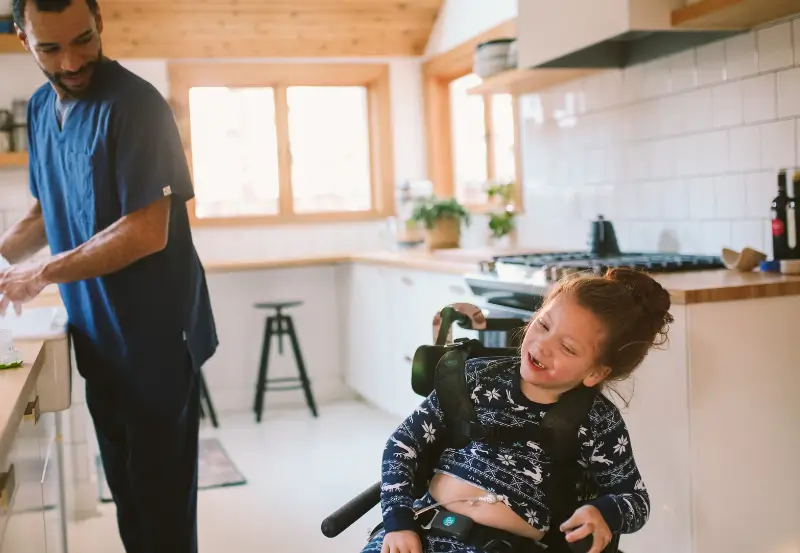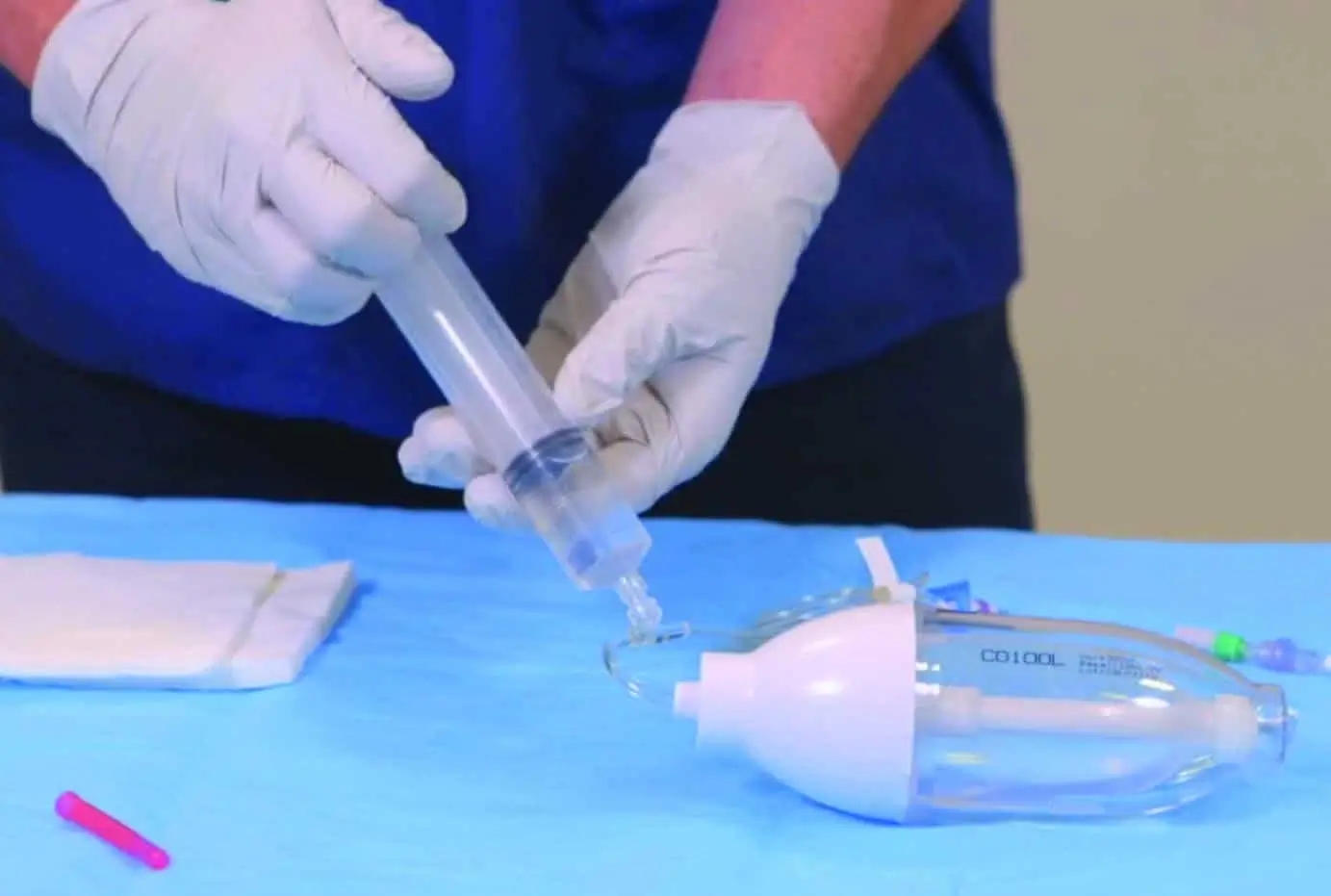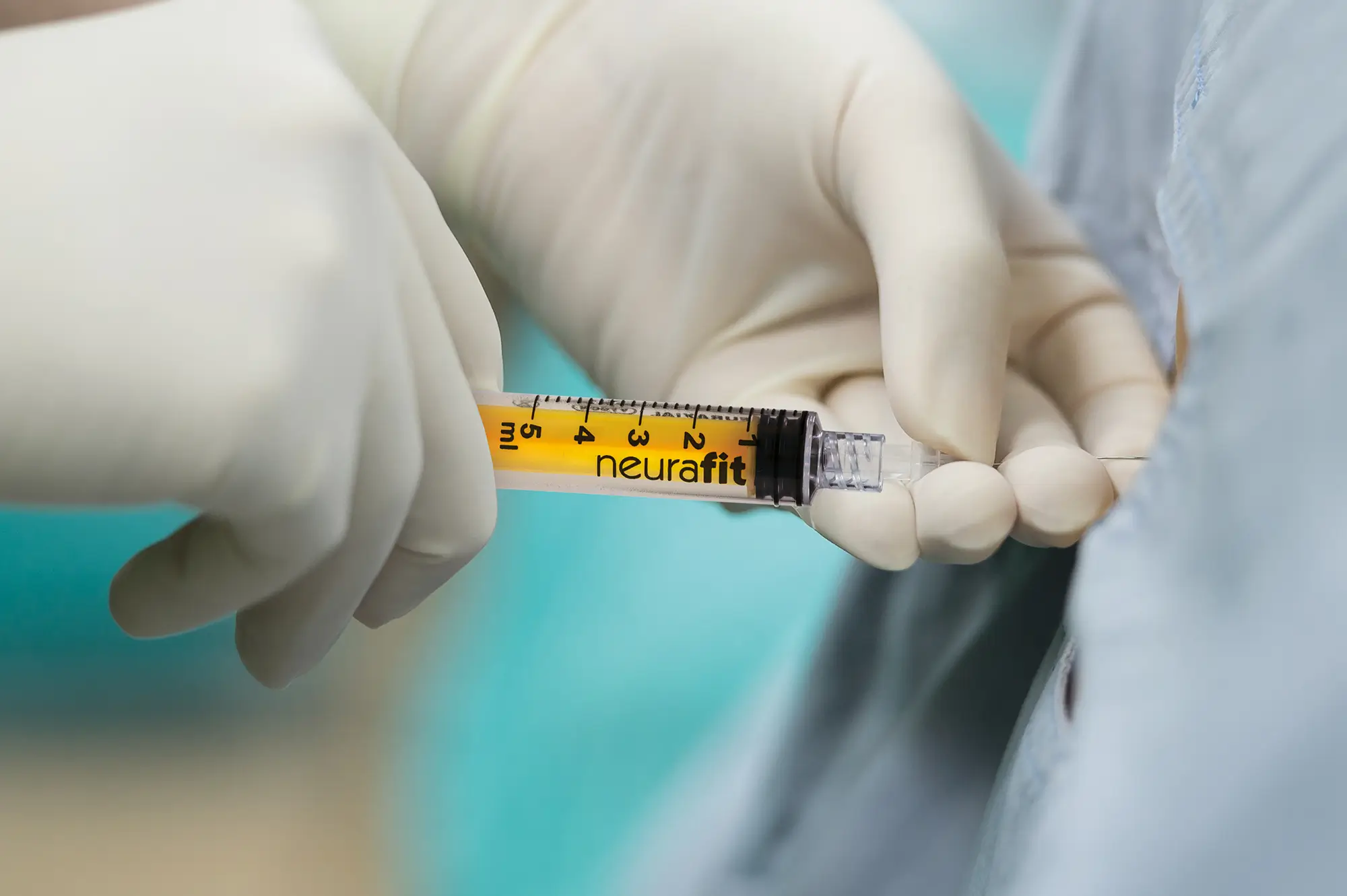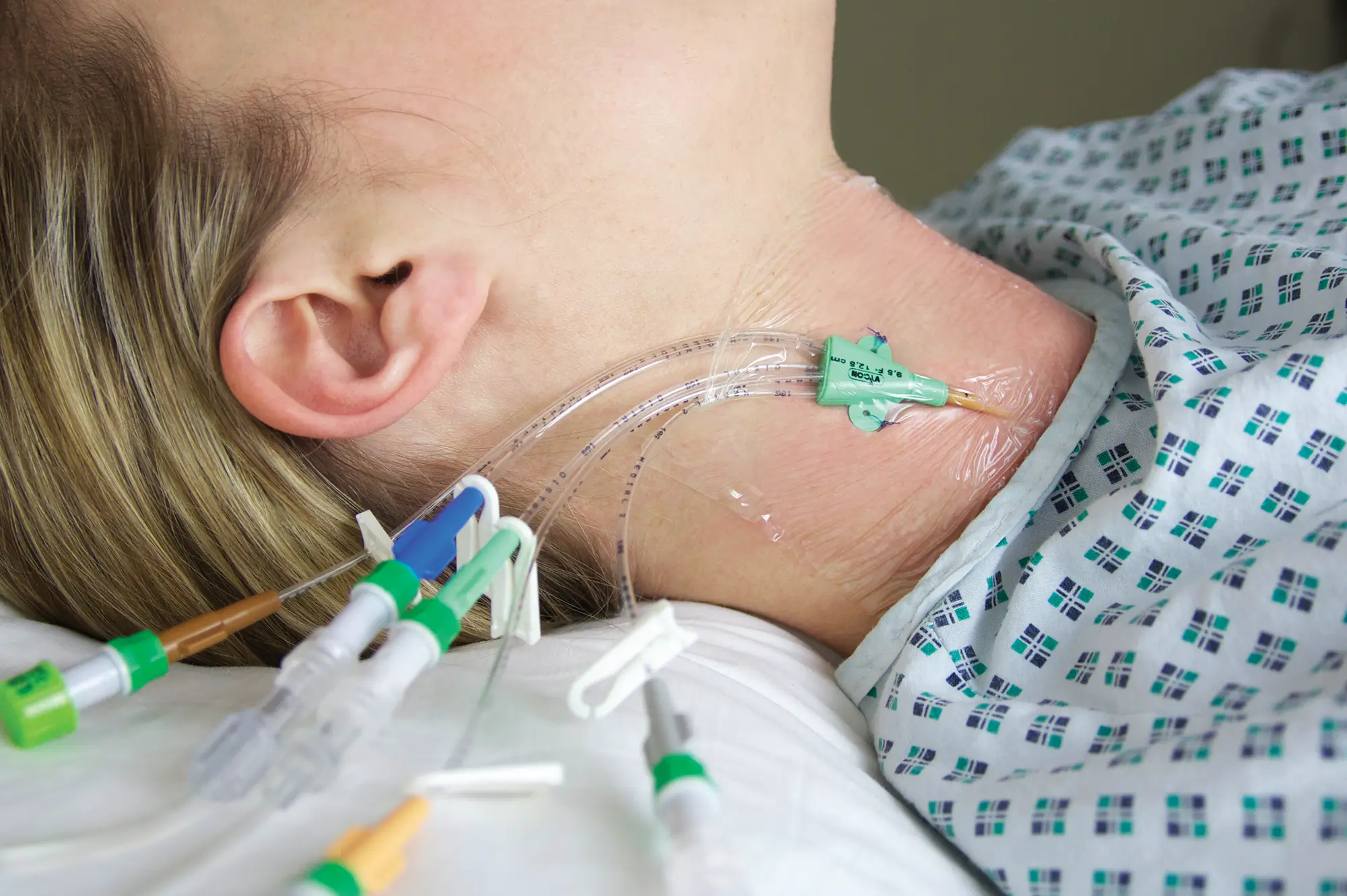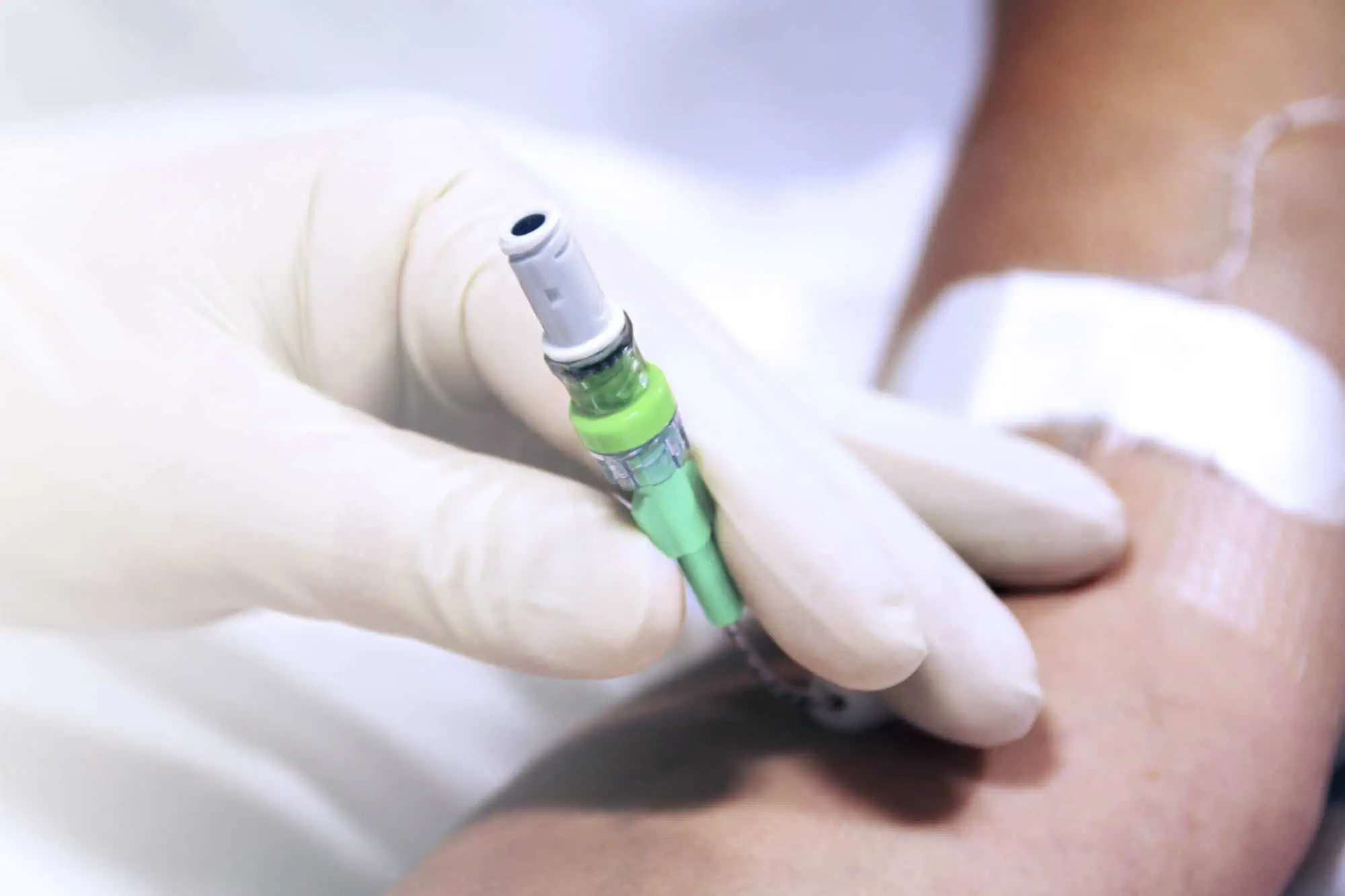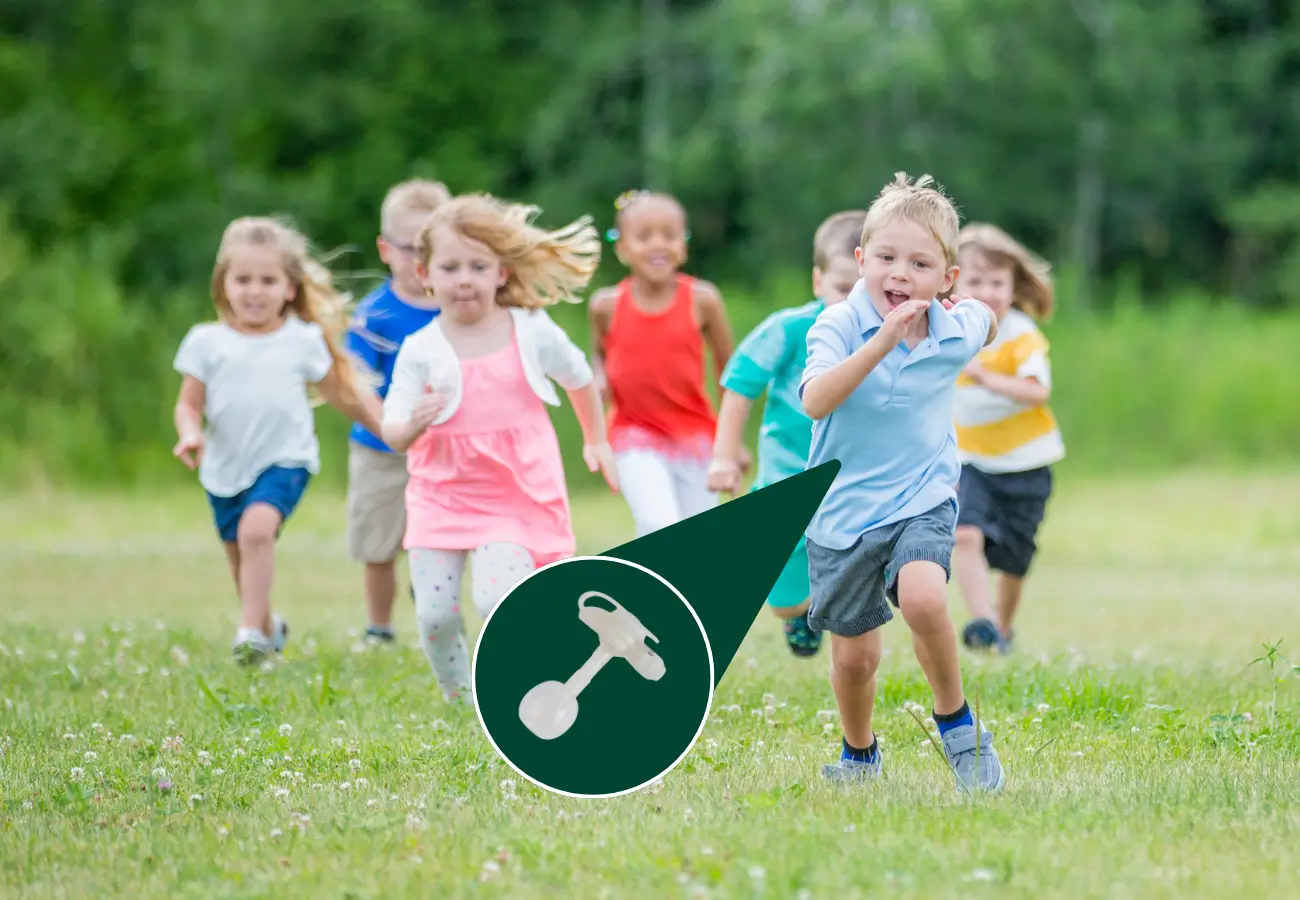Training and education, a continuous requirement for modern healthcare

Training and education, a continuous requirement for modern healthcare.
There is no denying that clinicians need to train, educate, and develop constantly throughout their career, since the healthcare industry is continuously evolving and growing, meaning what we consider best practice today can easily become obsolete tomorrow. Therefore, it is imperative that clinicians keep up to date with training and enlarging their knowledge and skillset, as this is undoubtedly the key to clinicians providing the best care possible. But, with a multitude of often confusing platforms as well as heavy work schedules and precious little spare time, this can seem easier said than done.
I once read that the benefit of training and development is like the domino effect, by providing training the leaders will feel empowered with their new information and competent in their practice, which will positively influence their employees by the leaders passing on their newly acquired knowledge, thus increasing performance and therefore improving the workplace through job satisfaction, all thanks to that session of training!
Although, when you have been doing something for a long time, it is easy to forget the importance of continuous training and education. It can become a laboursome mandatory task that eats away at the precious time within your extremely busy day, but it is really important to note that it is not just there for the newly qualified staff to learn new information and ways of practice, but also as a refresher and a reminder to maintain the highly skilled professionals that might do this day in day out. As mentioned before practice is ever evolving, and things constantly change, training and education is a way to embrace that and smoothly transition from old ways to the new.
Education enables us to develop our problem-solving skills, learn critical and logical thinking and become autonomous in our decision-making. As healthcare evolves so does the concept of training and education, the classroom for many is essentially dead. But is this a bad thing? Can education still be provided to a high standard outside of the traditional setting? Add in the prospect of having to take time away from the ward, bring people in on their days off and work out who needed to stay behind and man the station, essentially missing out on vital training, is a logistical and financial nightmare! So, let us embrace the change, the classroom is dead, but e-learning is alive and kicking!
There are not many people within society today that are not in the possession of technology and the power of the internet is well known, all that information at the tip of a finger! Okay, it is not all good information, but it is fair to say most people when they need information will go online first. E-learning is thought to be significantly more effective than other training due to the content being able to have interactive elements or videos, it can be paused and returned to at another time, repeated until it is absorbed.
The link between education and training and the safety of patients has long been examined, the NHS HEE released a paper on the very subject in which it states, ‘The Commission would like to see a system where staff and learners from all levels, sectors, and disciplines have opportunities to be educated and trained together and where education and training are driving the move towards integrated care and an open culture.’ But with over 1.3 million members of healthcare staff within the NHS alone, is it possible to create a high standard of training and education across different sectors and disciplines that can increase patient safety and standard of care within needle-free devices?
Quite simply the answer is… yes! At Vygon, we pride ourselves in delivering the best products and services, but now we have created a Needle-free Total Solutions programme which completely lives up to its name of being a total solution. We do not believe in the one size fits all approach, so the programme that has been created can be adapted, whether that be face to face training or online courses that can be accessed at any time.
In addition to delivering training and education programmes we also combine this with clinical tools, services and solutions which support healthcare professionals within their setting. Meaning that it not only provides the products and technical support for clinicians to use in practice that are aligned to the standards specified by global opinion leaders, but also training and guidance from a clinical team and a modular e-learning course that covers all subject matters relating to needle-free devices, such as infection control and epic3 guidelines. This comes with the flexibility of being able to be completed in stages and comes with CPD accreditation. The use of this Needle-free Total Solutions across all hospital departments, as well as community settings, enables integrated care and ensures staff all have the skills to identify, manage, correctly use and implement the products and reduce potential risks associated with needle-free devices, which aligns with HEE’s recommendations within education and training.
And most importantly, it comes at no extra cost!
Izzy Aldred, Clinical Nurse Advisor – CCBU, Vygon UK
https://improvement.nhs.uk/resources/epic3-guidelines-preventing-healthcare-associated-infections/

